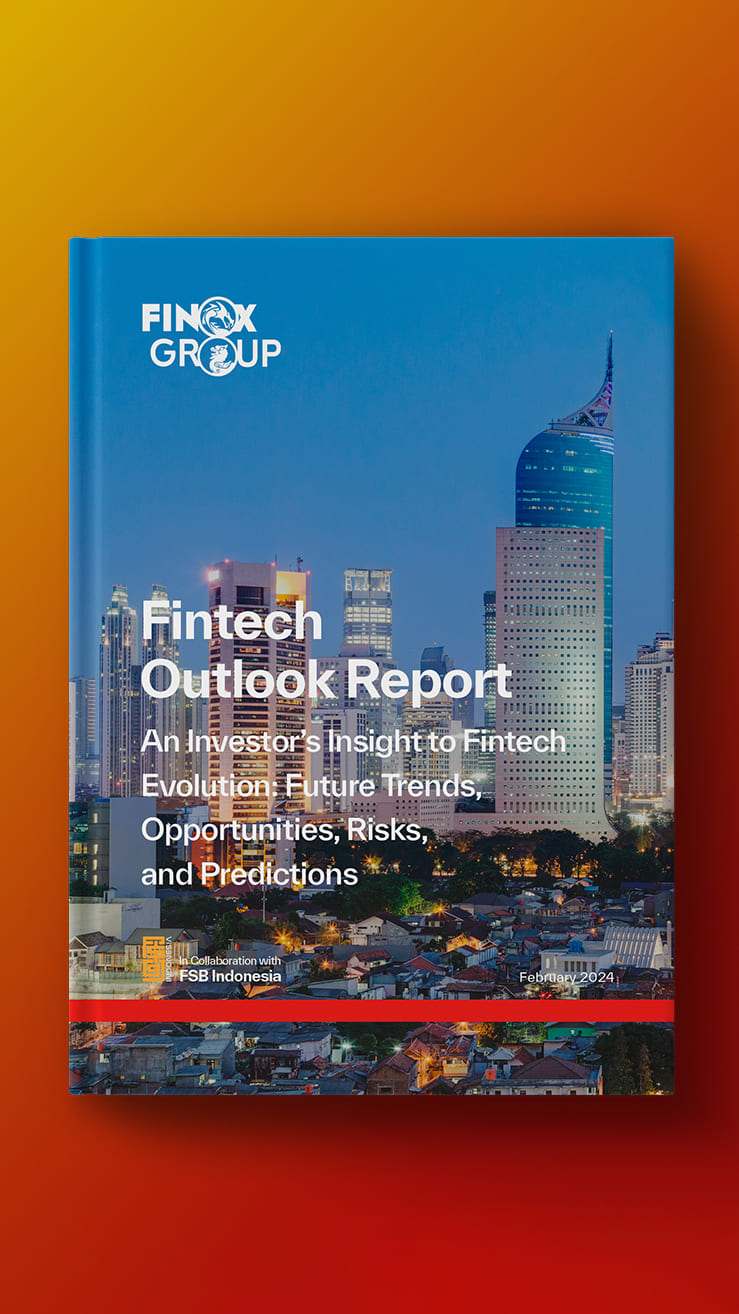
The diffusion of digital financial services all around Indonesia has affected the country’s market and several citizens in the country. The Fintech growth in Indonesia increases the rate at which several citizens adopt services like digital payment, fintech lending, and others. Due to the fast growth rate, many analysts expect that by 2024 the country’s digital sector must have fully matured.
The Asian Development Bank stated that there are a lot of expectations for the Indonesian economy between 2022 and 2023. This is true, especially since several analysts predicted that the economy would see a 5.0% – 5.2% increase in GDP during this period. Everyone has their fingers crossed, waiting to see the country come out as one of the leading economies globally.
This is a glimpse of the internal story of Fintech in Indonesia.
The Need For More Talent To Match The High Demands Of Consumers In The Market
Fintech seems to be doing quite well in Indonesia ever since it emerged in the country. But with more and more people starting to be aware of financial tech, it poses a problem for the sector. As of recent, many citizens in the country have become aware of the benefits of Fintech growth in Indonesia. This awareness has, in turn, created a large demand for digital services from different states in the country.
To manage the high and daily increase in demand, traditional banks have started to pair with various Fintech companies within the country. This unison has also helped improve traditional banks’ systems to meet the current digital system. Now traditional banks have more anti-laundering measures in place, better digital management, etc. Blockchain tech is not left out as well. The pair can now create an improved blockchain that permits remittance services, digital wallets, etc.
Regardless of the unison and various upgrades, Fintech companies and banks still find it quite hard to cope. This has made them keep an eye on young talents in the country to fill up important seats. The talents include cloud engineers, cyber security engineers, software developers, data scientists, etc. Even though the bodies are on the lookout for people with experience, certificates are also necessary to show that the candidate has an idea of the job.
The search for personnel with data analysis is also increasing. This is mainly because of the need for employees to be aware of the digital transactions system and other cyber security concerns. Regardless, the majority of employees joining the Fintech sector in Indonesia comprises mainly youngsters. And it’s not just Indonesia but several other countries as well.
Storm2 stated that the average age range for Fintech employees always falls between 22 and 44 years old. It turned out that the majority of these employees were immediate graduates that just left school. On the other hand, developers were mostly around 29 – 30 years old. Their age makes them more experienced than their colleagues in the sector.
However, the problem with the young Indonesian generation is that they don’t see the Fintech sector as something that will generate profits. And this has made the recruitment process quite slow than usual. However, several employers have started different programs to create more awareness among youths and to get them interested. There are now training and other self-promotion measures in place.
Industry Cross-overs Address
The Fintech Talent Shortage
Besides the employees, quite a few young employers are also starting to enter the country’s Fintech sector. This has made the sector gradually change over time. The sector is also finding different ways to draw candidates from other fields. This includes both people with IT experience and those who don’t have any.
What these financial stakeholders do is that they pick up people new to the industry and train them. This proves quite effective in helping the candidates reach their potential. Besides the citizens in the country, Indonesians in other foreign countries are involved. Hence, the government has provided subsidies to help lure them back to the country.
More Firms Will Focus On Employer Branding To Reel Adept Talent, Defying Traditional HR Practices
Because the Indonesian Fintech job market is becoming more active than before, many financial bodies have started to use unusual methods to lure workers. One of these methods is by rebranding the company. When rebranding, the company poses to be digitally eccentric and media savvy. Then they create various brands to be able to get more shares. As financial bodies continue to use this same process for some time, they tend to attract workers to fill in different seats.
Another unusual method that the bodies use to get more talent is by looking for ways to lure citizens from other countries. While at it, they also ensure that the returnees do not depend on foreign talent. Very skilled workers tend to always ask for different financial packages besides salary. This includes loans, relocation incentives, etc.
Besides how efficient the process has been, banks and Fintech companies are always reforming their methods to attract foreign employees. Regardless, local banks are yet to change anything that concerns monetary benefits.
CONCLUSION
The Fintech growth in Indonesia has been more than extraordinary compared to that of every other country. However, regardless of the growth, the sector still faces many problems. One of such is an insufficient talent to meet demands. This has made banks and the Fintech sector develop plans to lure workers into the sector.













